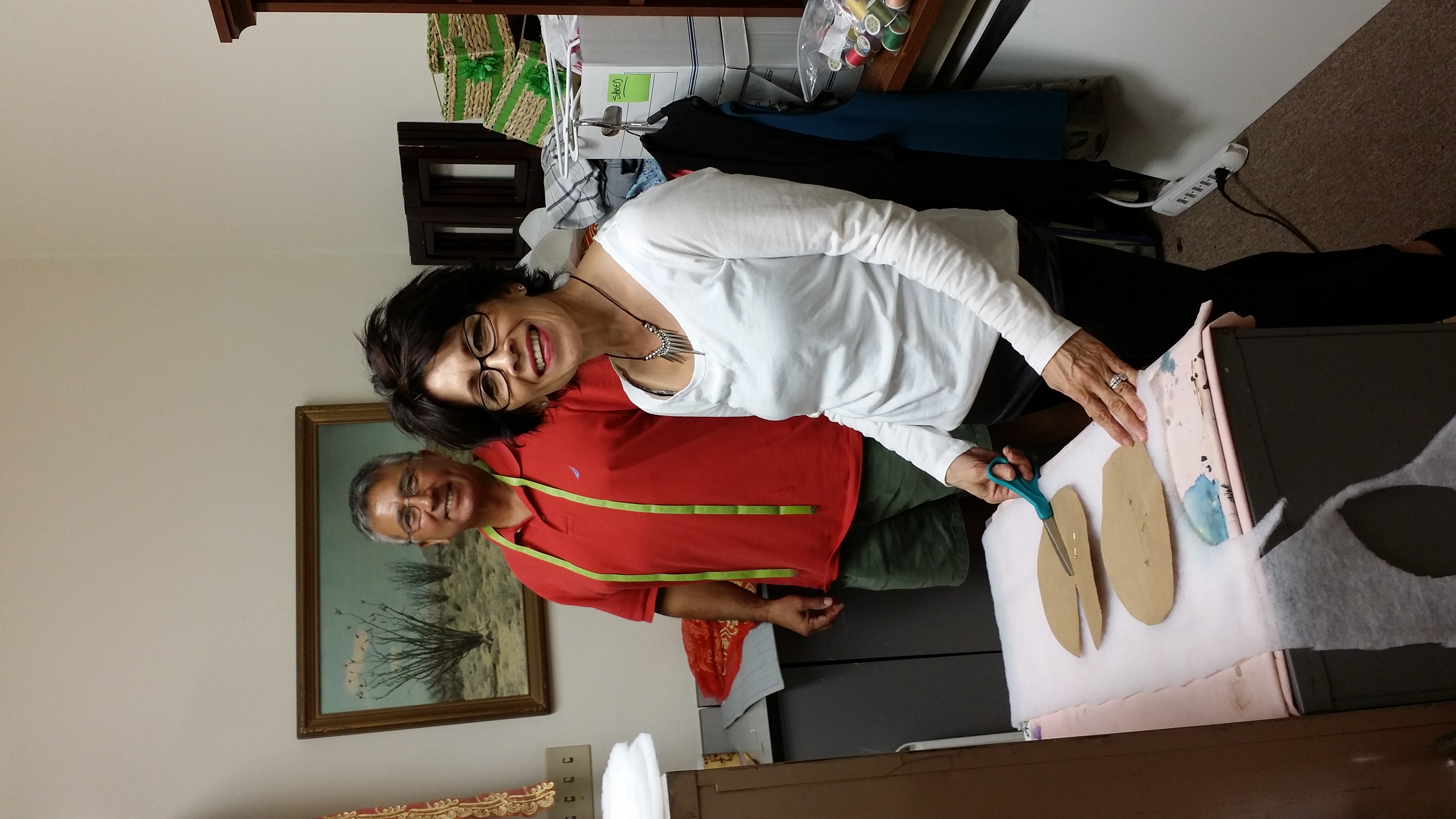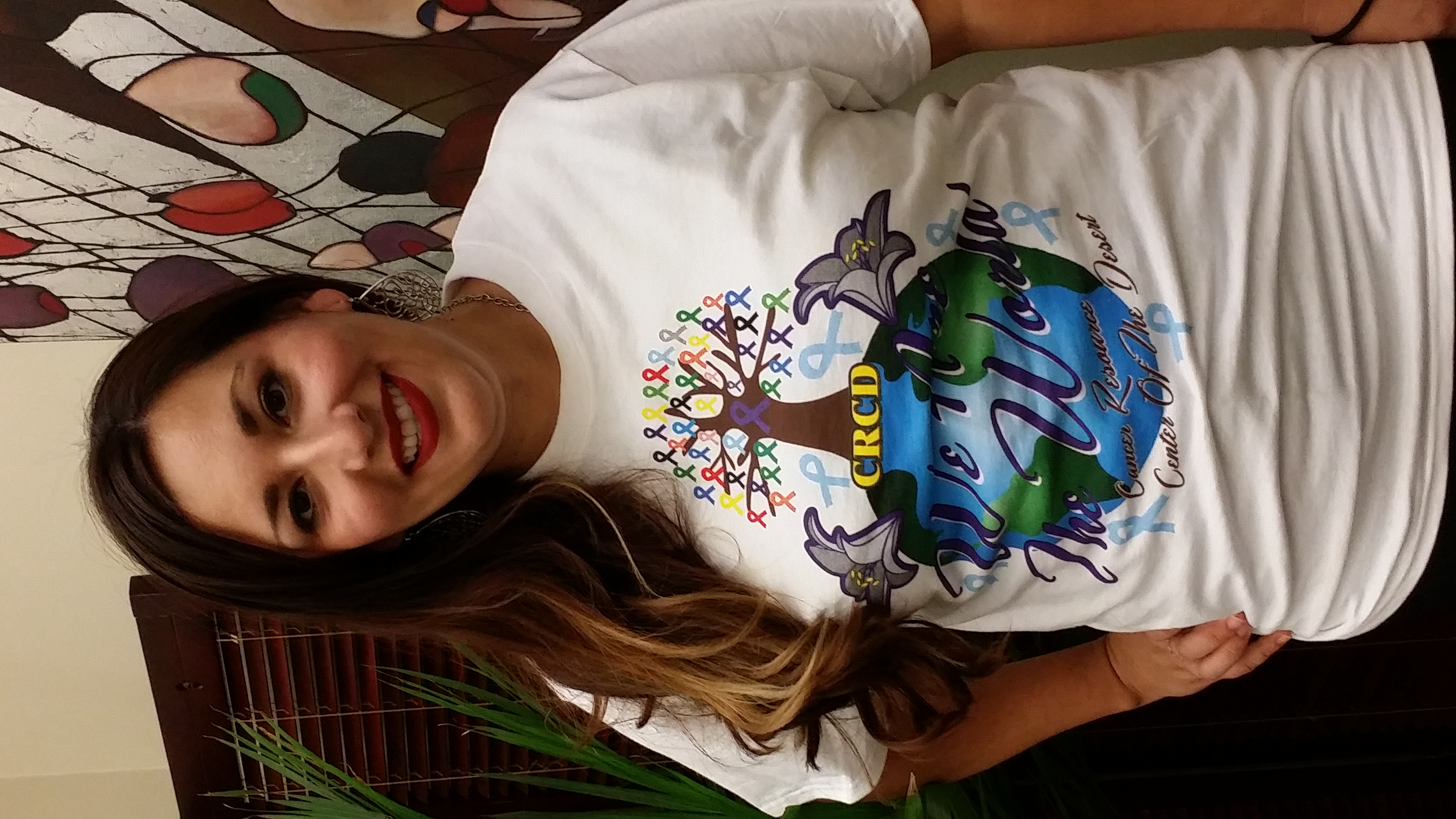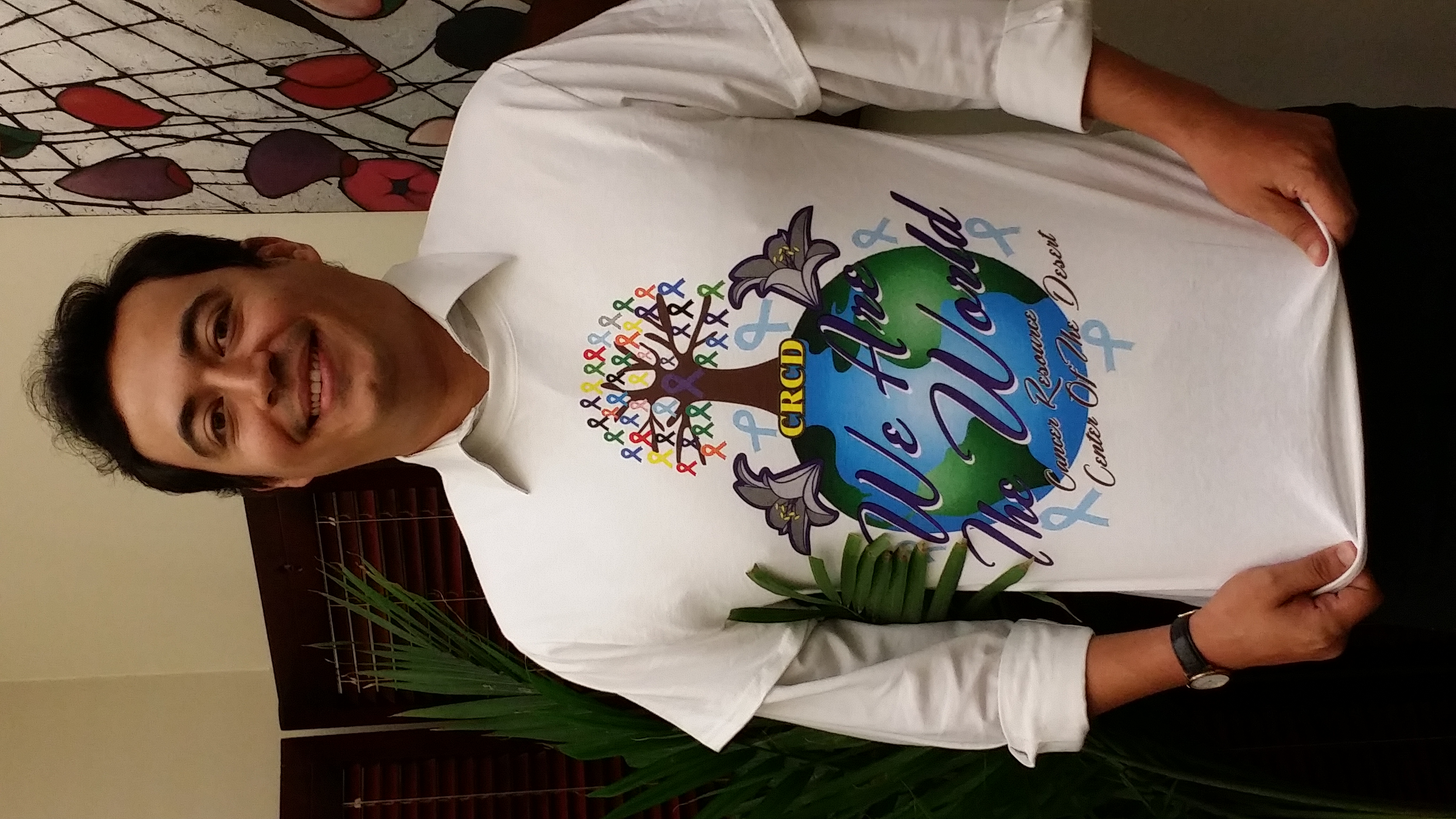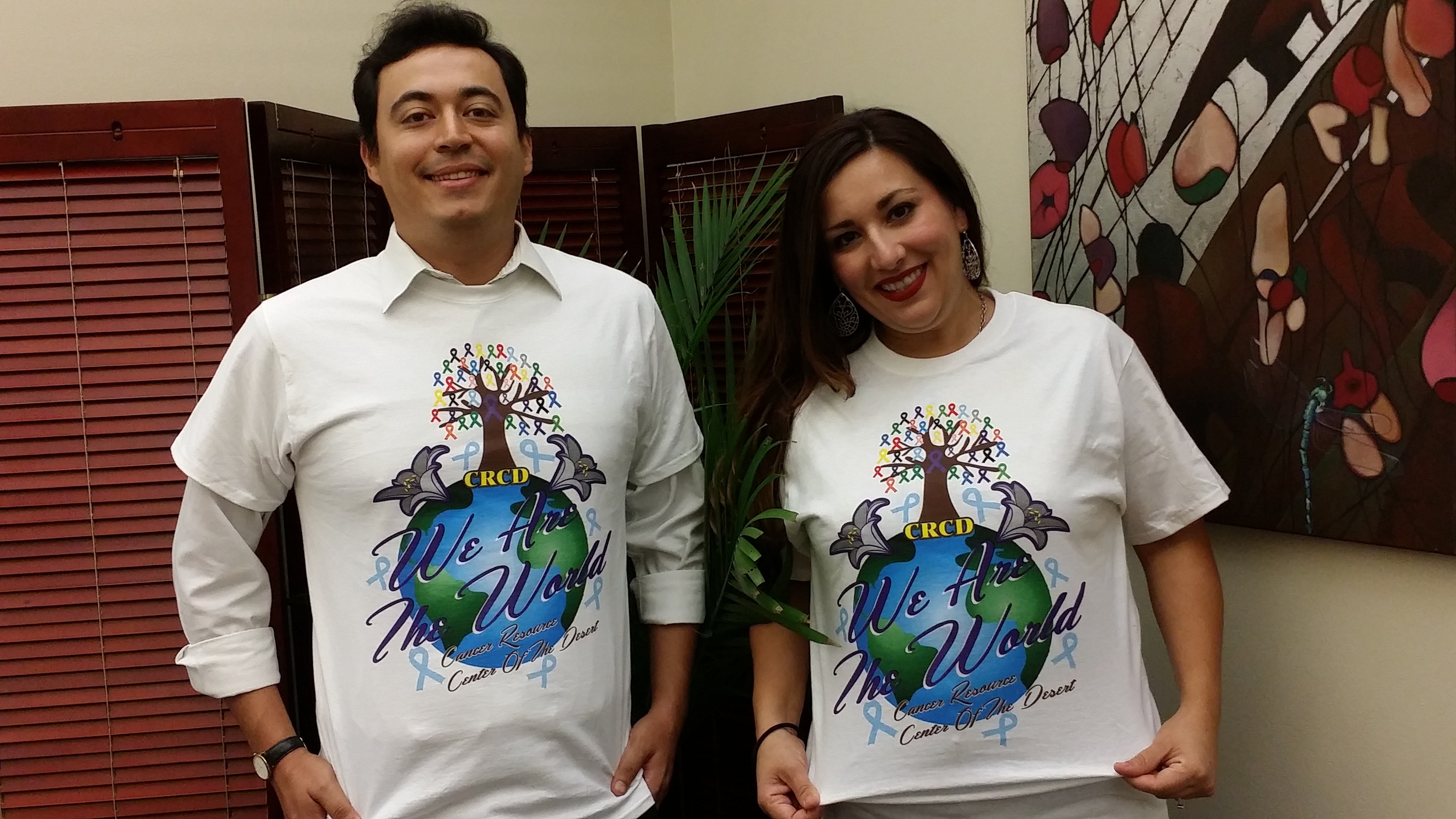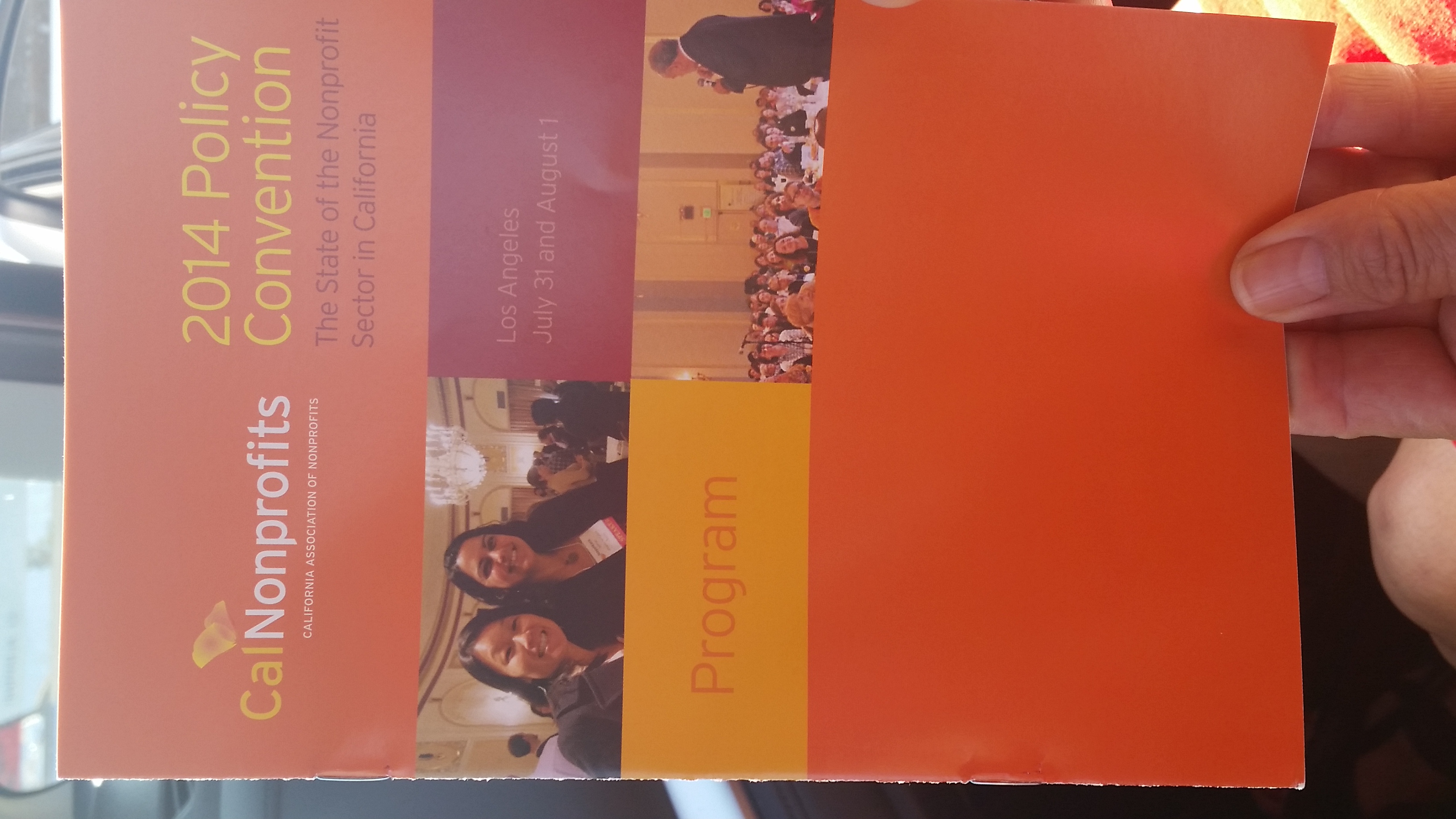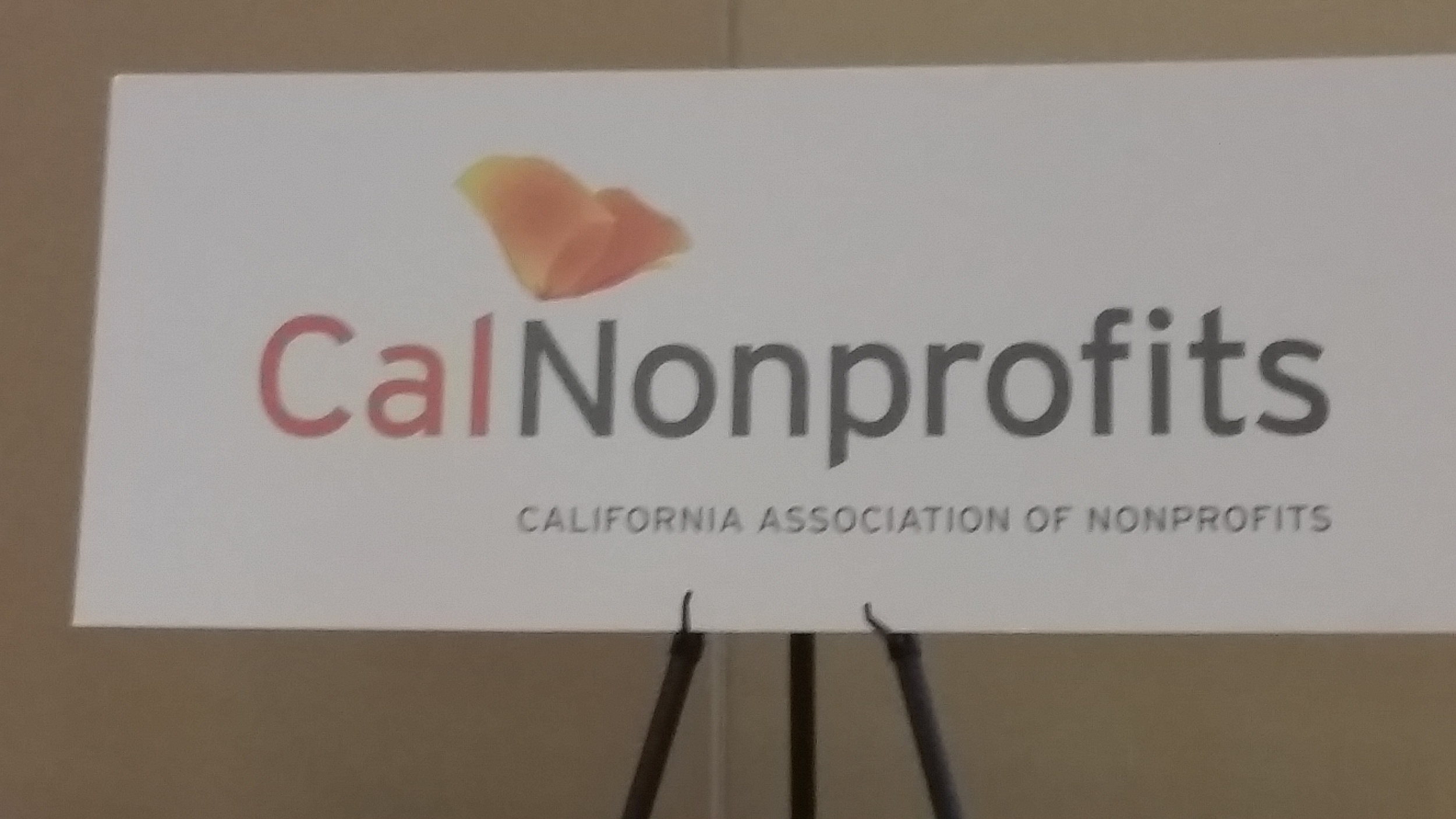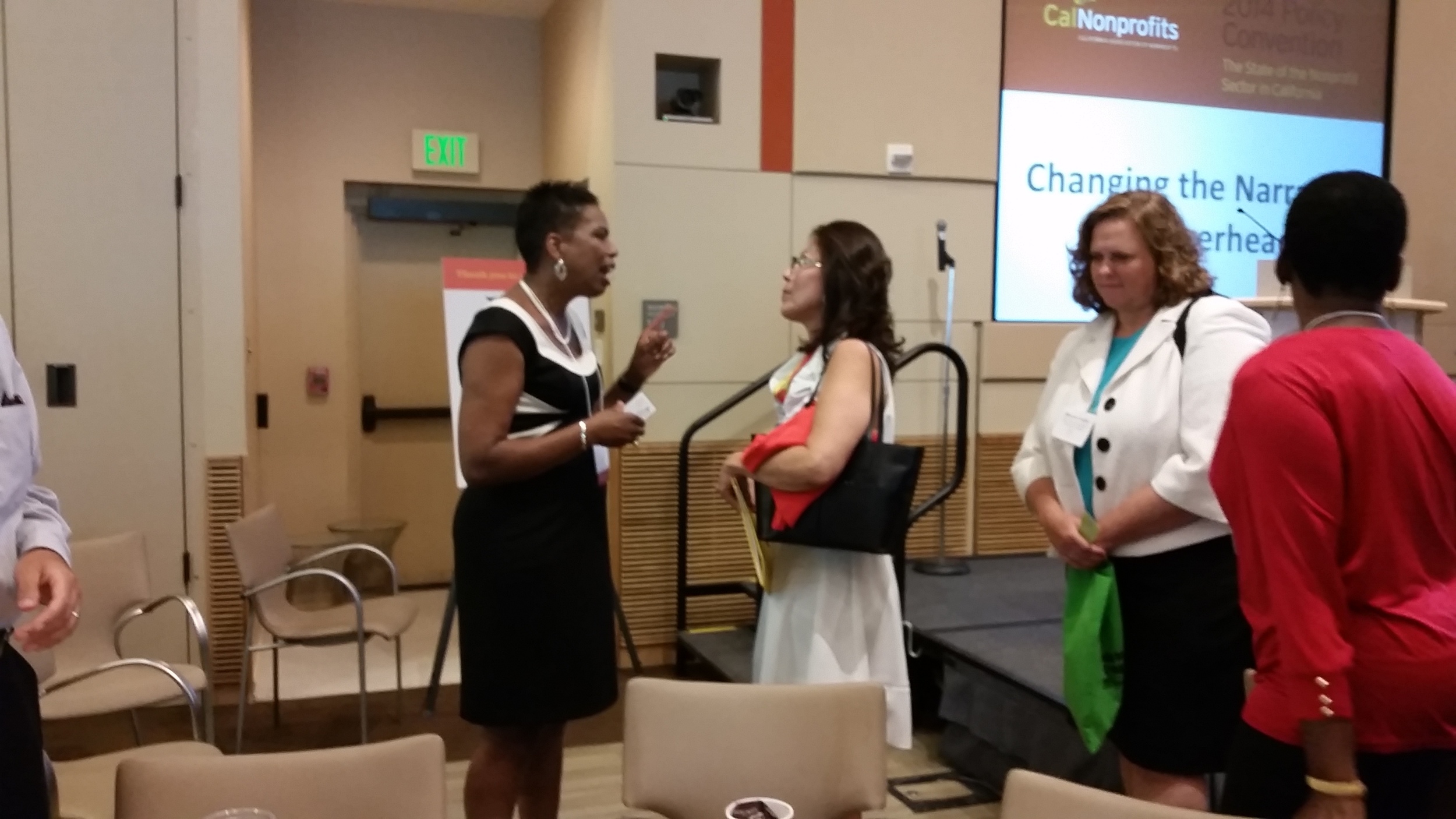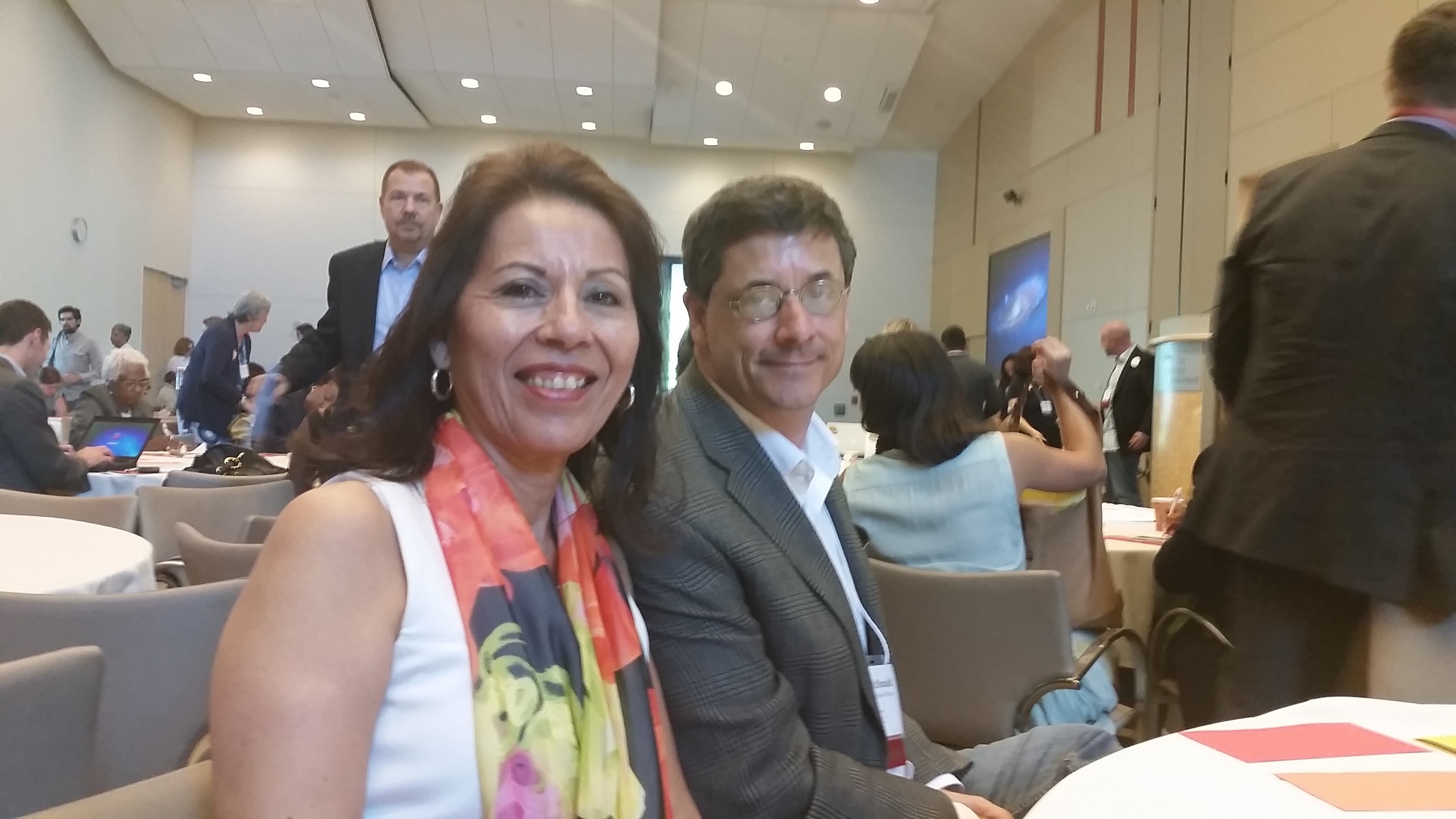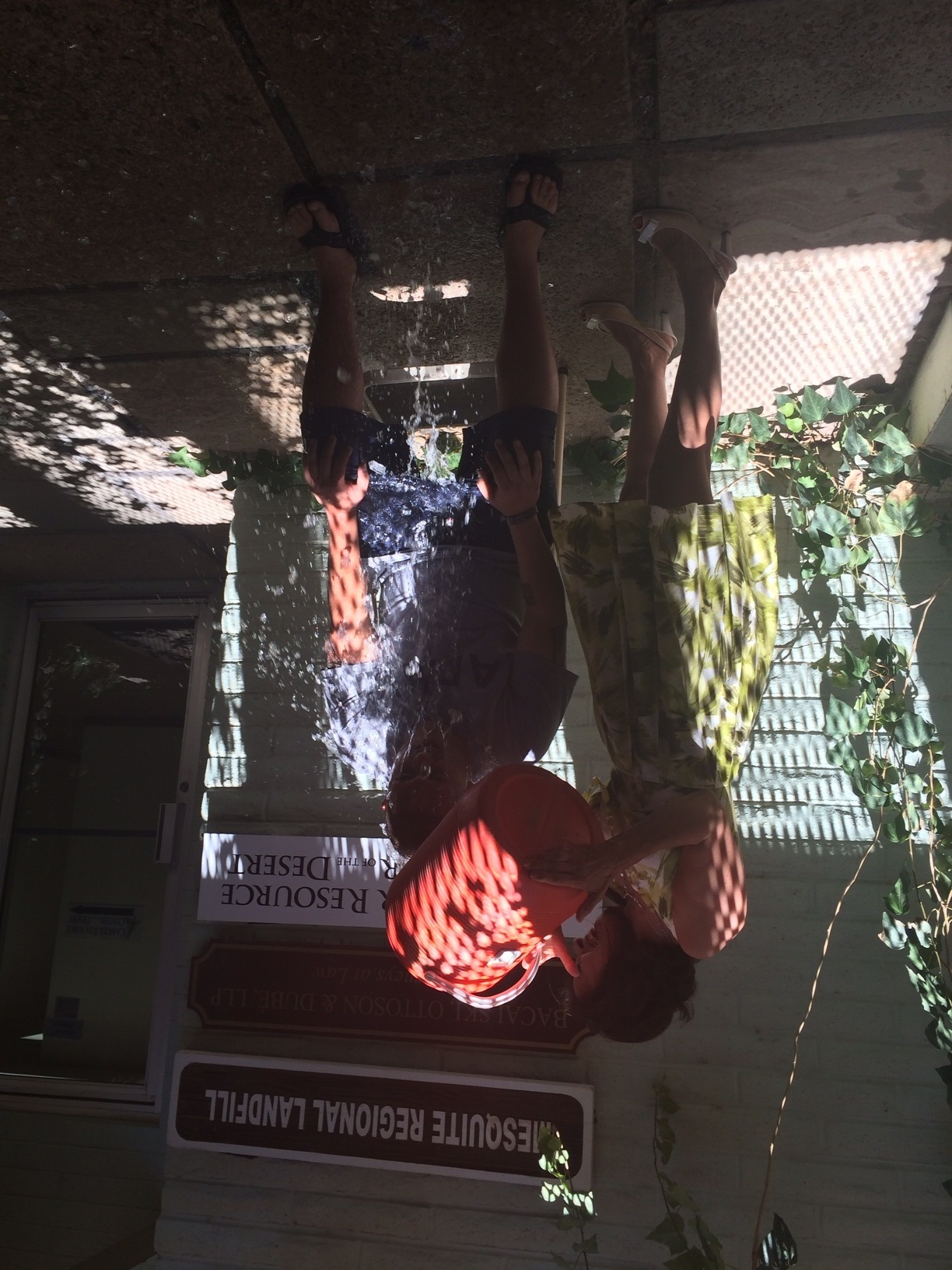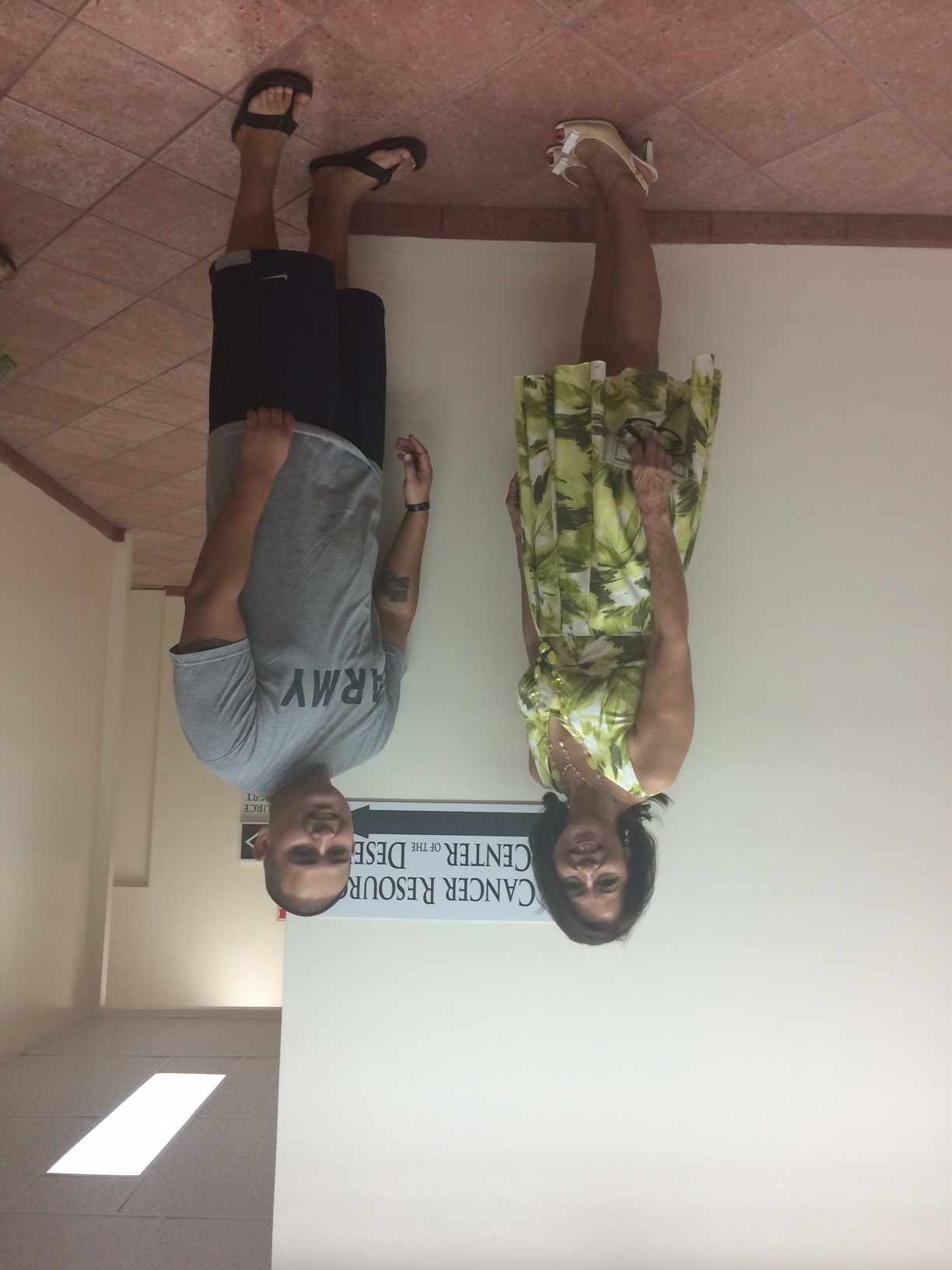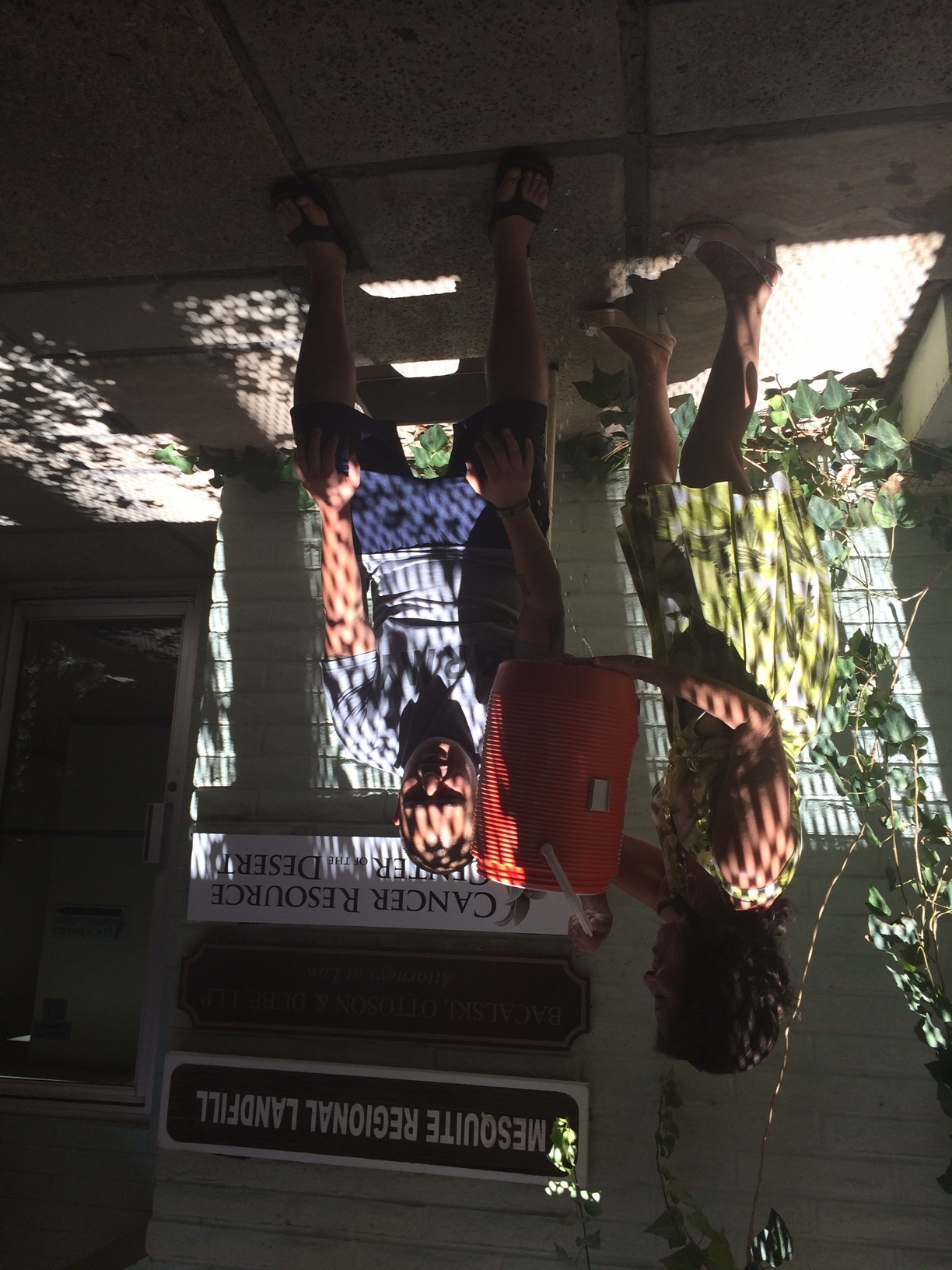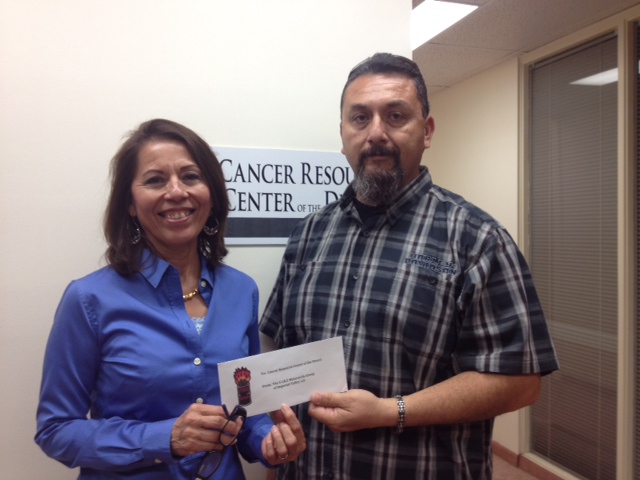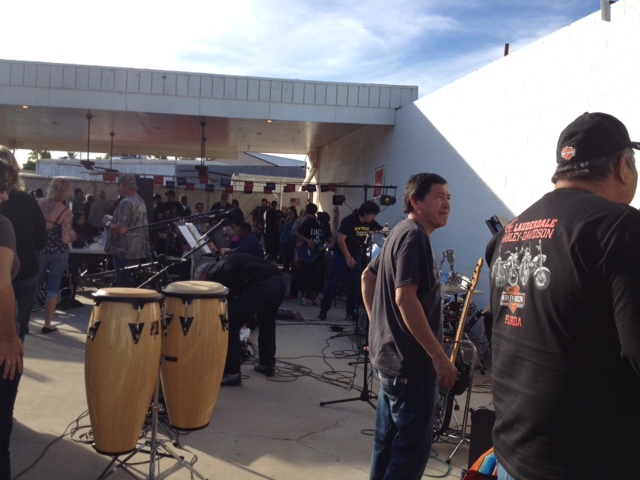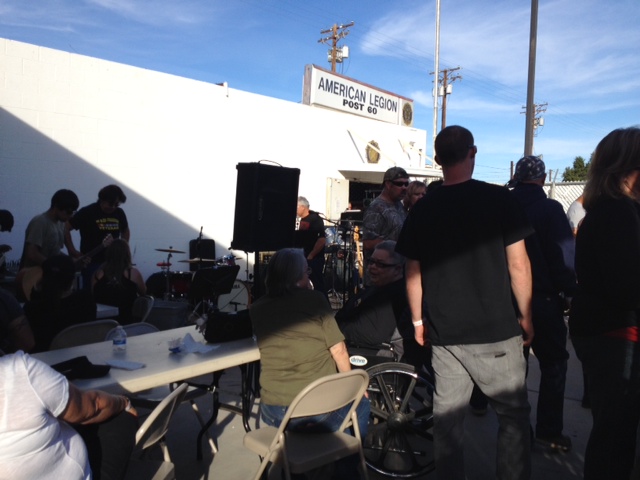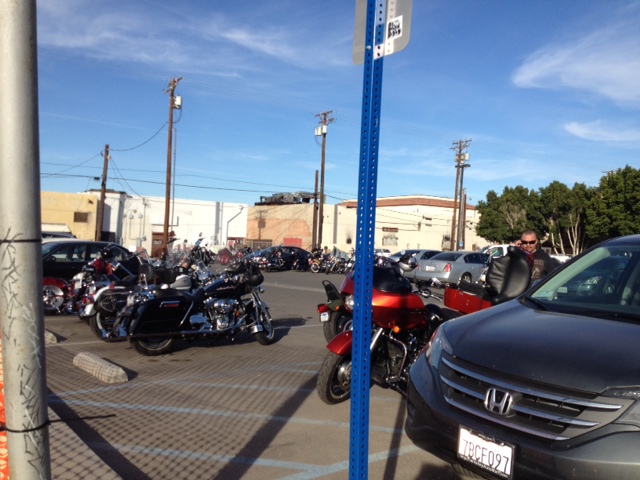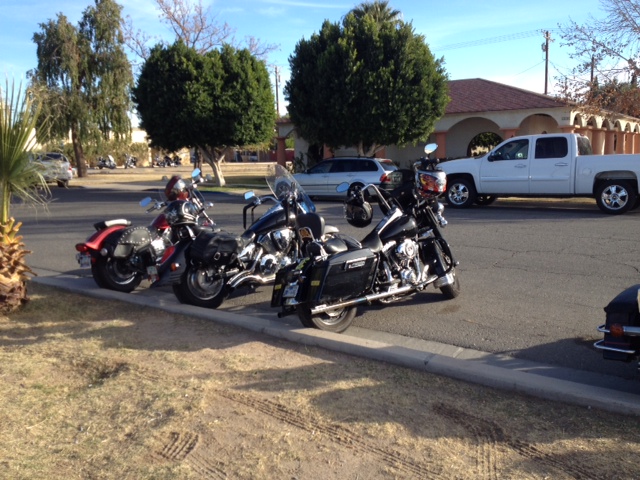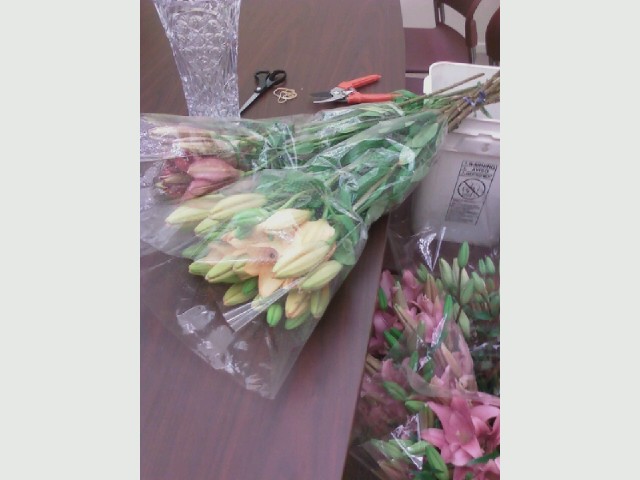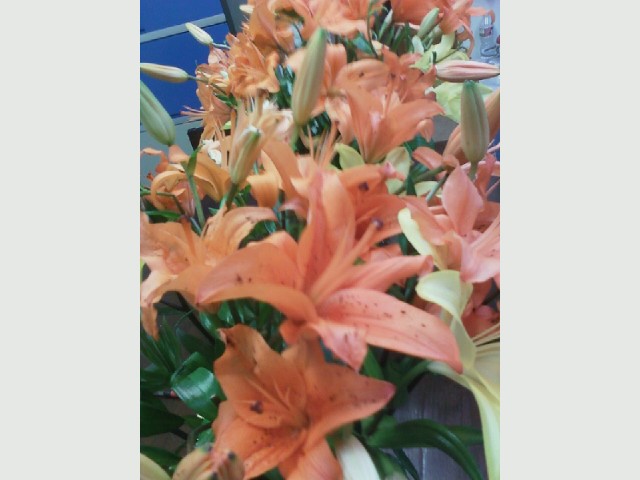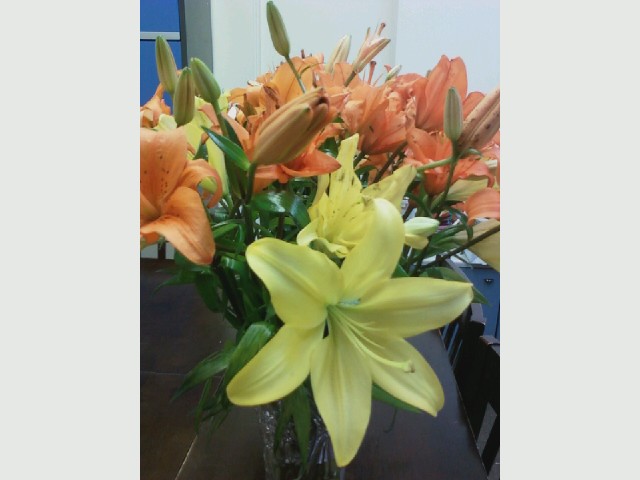Chemoteraphy, the most common type of cancer treatment, affects no two people the same way. Much of what happens depends on how you respond to the treatment, the particular drug or drugs you are taking, the dosage and the type and stage of the cancer. Consider the next suggestion to help make your experience with chemotherapy one that works in the best way for you:
1. Ask your doctor what kind of drugs you are recieveng. Ask about potential side effects and interactions that may occur and make changes as need.
2. Raise question about how the drug is administered and about any potential side effects so you are prepared for how you may feel and the changes your body may experience during and after treatment.
3. Whenever you have nausea, take the nausea medication provided because it generally will help you feel well enough to eat. If the medication isn't helpfull, call your doctor right away and discuss alternate medication.
4. Your body is already tired just from having cancer, and chemotherapy adds to that feeling of fatigue. To help to ease the tiredness, rest often and try to do some activity everyday.
5. Expect the common side effects of chemotherapy: decreased appetite, mouth sore, dry mouth, changes in the taste of food and constipation.
6. If you are not having a bowel movement daily, ask your doctor about eating more fluid, eating more fiber (25 to 35 grams) or taking a stool softener or laxative.
7. Vitamin and mineral stores in the body become depleted while you undergo chemotherapy. Ask your doctor if you need to take any nutrient supplements (specially iron, which can help reduce fatigue) or switch from the supplements to regularly take.
8. Neutropenia occurs when the white blood cell count drops to a dangerously low level-about 7 to 14 days after receiving chemotherapy-when you are at higher risk for infections and should avoid certain food.
We listed some on the next list under:
-No raw or undercooked meat, chicken, pork, fish or shellfish.
-No raw eggs (no Ceasar salad, homemade ice cream, cookie dough or cake batter). Use pasteurized egg products as substitute.
-No unpasteurized or raw milk products.
-No honey, nuts or fruit or vegetable juices.
-No raw vegetables or fruits (except peeled, washed, thick-skinned fruits such as cantaloupe, honeydew melon, watermelon, oranges and bananas).
-No outdated products (out-of-code, past sell-by or used-by dates) or moldy products.
-No aged cheeses (such as Brie, blue, sharp Cheddar, Stilton, Feta, Mexican hot cheese and Camembert).
For more information, contact us at: (866) 423-CRCD (2723) or (760) 353-6571. Visit our web site http://www.crcdinc.org
Quimioterapia, el tipo más común de tratamiento para el cáncer, no afecta a dos personas de la misma manera. Gran parte de lo que ocurre depende de cómo responda al tratamiento, el medicamento en particular o las drogas que está tomando, la dosis y el tipo y etapa del cáncer. Te sugerimos tener en cuenta las siguientes sugerencias para ayudar a que tu experiencia con la quimioterapia funcione de la mejor manera para ti:
1. Pregunta a tu médico qué tipo de fármacos estás recibiendo. Pregunta acerca de los posibles efectos secundarios e interacciones que pueden ocurrir y que haga cambios cuando se necesite.
2. Pide que se te indique acerca de cómo se administra el medicamento y sobre los posibles efectos secundarios para poder estar preparados para lo que pueda sentir y los cambios que tu cuerpo puede experimentar durante y después del tratamiento.
3. Siempre que tengas náuseas, toma el medicamento proporcionado porque generalmente te ayudará a sentirte lo suficientemente bien como para comer. Si el medicamento no es de ayuda, ponte en contacto con tu médico de inmediato para discutir la medicación alternativa.
4. Tu cuerpo ya está cansado sólo de tener cáncer, y la quimioterapia se suma a la sensación de fatiga. Para ayudar a aliviar el cansancio, se recomienda descansar con frecuencia y tratar de hacer alguna actividad cotidiana.
5. Hay que conocer los los efectos secundarios comunes de la quimioterapia para estar preparados: disminución del apetito, dolor en la boca, sequedad en la boca, cambios en el sabor de la comida y estreñimiento.
6. Si no estás teniendo un movimiento intestinal diario, pregunta a tu médico si puede tomar más líquido, comer más fibra (25 a 35 gramos) o tomar un ablandador de heces o un laxante.
7. Las vitaminas y minerales en el cuerpo se agotan mientras el cuerpo es sometido a quimioterapia. Pregúntale a tu médico si necesitas tomar un suplemento de nutriente en particular (especialmente hierro, lo cual puede ayudar a reducir la fatiga) o cambiar los suplementos que estés tomando de manera regular.
8. La Neutropenia ocurre cuando la cantidad de glóbulos blancos disminuye a un nivel peligrosamente bajo -unos 7 a 14 días después de recibir la quimioterapia cuando se puede estar en mayor riesgo de contraer infecciones y se debe evitar ciertos alimentos.
Hicimos una lista de algunos a continuación:
-No Cruda o poco cocida la carne, pollo, cerdo, pescado o mariscos.
-Sin Huevos crudos (sin ensalada Ceasar, helado casero, masa para galletas o masa del pastel). Utilice productos de huevos pasteurizados como sustituto.
Los productos lácteos no pasteurizados o crudos
-Sin Miel No, nueces o jugos de frutas o vegetales.
-Sin Vegetales crudos o frutas (excepto peladas, lavadas, frutas de piel gruesa, como el melón, melón, sandía, naranjas y plátanos).
-Sin Productos expirados (fuera de la fecha de caducidad) o productos con moho.
-Sin Quesos curados (como el Brie, azul, Cheddar, Stilton, Feta, queso caliente Mexicano y Camembert).
This information can be found more detailed at Betty Crocker's Living with Cancer Cookbook by Kris Ghosh, M.D., M.B.A. Gynecologic Oncologist, San Diego Center for GYN Oncology, Linda Carson, M.D., Gynecologic Oncologist, University of Minnesota Medical Center.
Para mayor información se puede llamar a los siguientes números : (866) 423-CRCD (2723) or (760) 353-6571. Y Puedes visitar nuestro sitio web http://www.crcdinc.org




